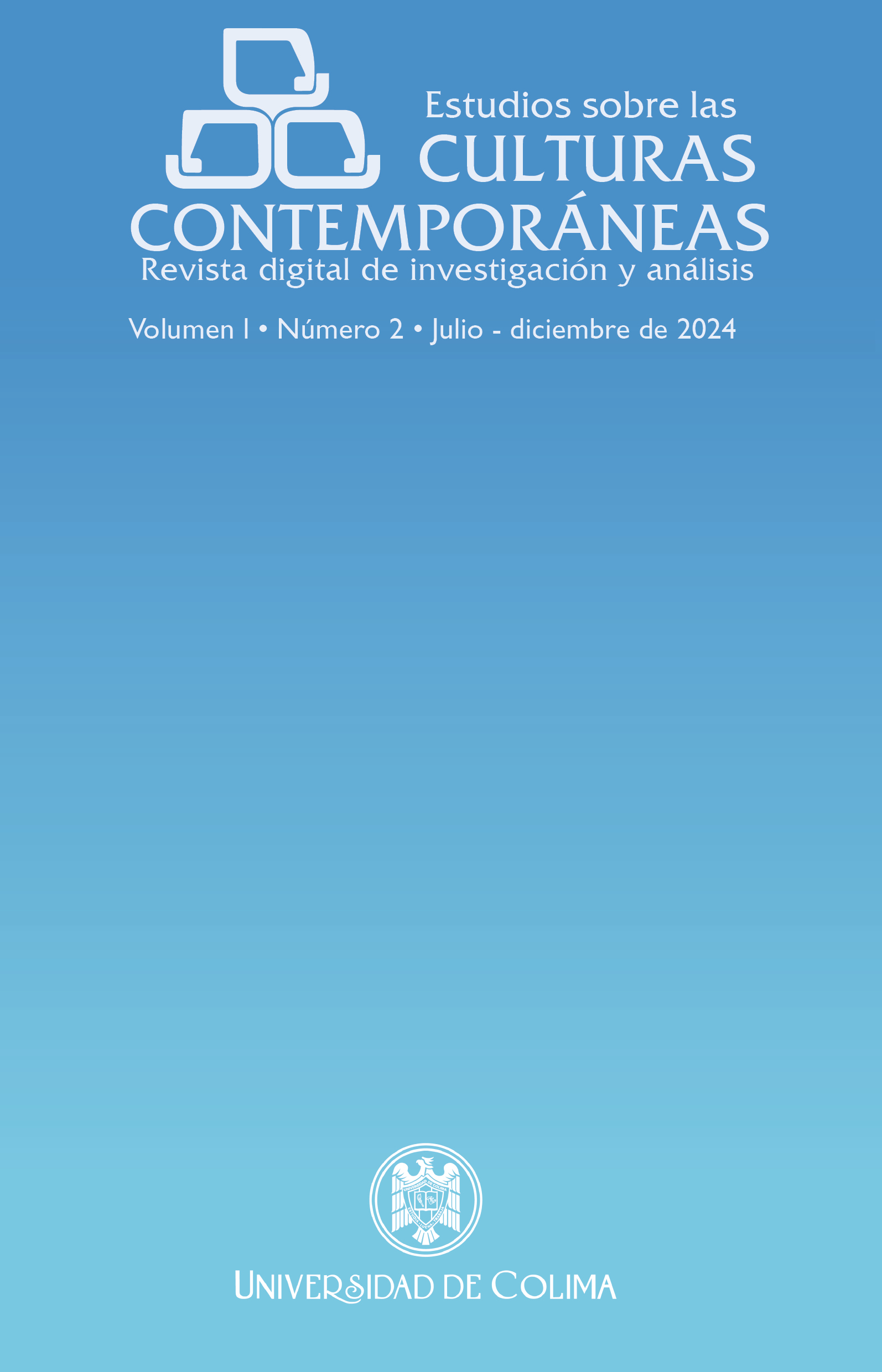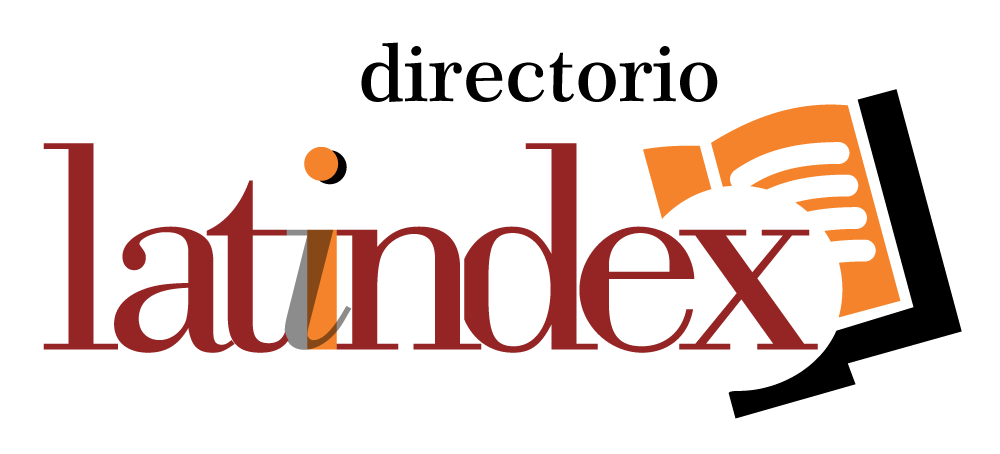Virtualization and inclusion: a review of cultural management and education in the framework of covid-19
DOI:
https://doi.org/10.53897/RevESCC.2024.2.08Keywords:
virtualization of services, digital culture, virtual education, digital inclusionAbstract
This essay problematizes the premise that the virtualization of educational and cultural services is an innovative strategy that allows the inclusion of diverse people, groups and communities that cannot fully exercise their right to culture and education. To this end, it starts by making visible the assumptions of truth that sustain both the position that defends that digital technologies contribute to inclusion, and the position that argues the opposite. From this, some examples of virtualization practices will be presented, analyzing their levels and the implications of the many ways of presenting the contents and their design to allow (or not) participation. It is concluded that the virtualization of educational and cultural services cannot be considered by itself an innovative strategy for inclusion if the virtual options to which the people to be included have access only allow the passive consumption of content and
the subjects do not have the possibility of adapting them to their interests and capacities, so the key is to generate the conditions for participation based on more flexible and adaptable content and structures.
Downloads
Metrics
References
Amaya, J. y Chavez, B. E. (2022). Anclajes epistemológicos de la cultura digital. En B. E. Chavez y J. Amaya (Eds.), Acercamientos epistemológicos, históricos y metodológicos a la cultura digital (pp. 12-40). UPB y Universidad de Guadalajara. https://doi.org/10.18566/978-628-500-072-0 DOI: https://doi.org/10.18566/978-628-500-072-0
Bury, J. (1971). La idea de progreso. Alianza Editorial.
Chan, M. E. y de León, D. J. (2012). Desarrollo de ambientes y gestiónde la virtualidad: dos encuentros. En M. S. Pérez (Ed.), Encuentro Internacional de Educación a Distancia. Veinte años de innovación en colaboración (pp. 69-101). Universidad deGuadalajara.
Chan, M. E. y Mariscal, J. L. (2020). Cultura y transformación digital: Oportunidades para el desarrollo de nuevas competencias. Secretaría de Cultura del Estado de Tabasco. https://doi.org/10.5281/zenodo.10719263
Chan, M. E., Oliva, G., Varela, G. A. y Mercado, P. (2015). COOL: un entorno para la educación colaborativa, abierta y masiva. En M. E. Prieto, S. J. Pech, J. García y T. de Leon (Eds.), Contributions to the uses of Technologies for Learning: 2015. Humboldt International University.
Chiappe, A. H., Nicolás, A. y Martínez, J. A. (2015). Literatura y práctica: Una revisión crítica acerca de los MOOC. Comunicar: Revista Científica de Comunicación y Educación, 44, 9-18. https://dialnet.unirioja.es/servlet/articulo?codigo=4904255
Delgado, T. (2020). Taxonomía de Transformación Digital. Revista Cubana de Transformación Digital, 1(1), 4-23. https://rctd.uic.cu/rctd/article/view/62
Echeverría, J. (1998). 21 tesis sobre el Tercer Entorno, Telépolis y la vida cotidiana. En XIV Congreso de Estudios Vascos: Informazioar en Gizartea=Sociedad de la Información=Société de l’Information. pp. 7-11.
Echeverría, J. (1999). Los señores del aire: Telépolis y el tercer entorno. Destino.
Galindo, L. J. (2006). Cibercultura, sistémica y pensamiento contemporáneo. Explorando las posibles fuentes conceptuales de un pensamiento. Revista Q, 1(1), 1-19. https://repository.upb.edu.co/bitstream/handle/20.500.11912/6465/Cibercultura,%20sist%C3%A9mica%20y%20pensamiento%20contmpor%C3%A1neo.pdf?sequence=1
Giménez, G. (1999). Territorio, cultura e identidades de la región socio-cultural. Estudios sobre las Culturas Contemporáneas,V (9), 25-57. http://www.economia.unam.mx/academia/inae/pdf/inae5/516.pdf
González, R. (2015). Comunidad virtual de amateurs con estándares profesionales (proams) en la replicación de productos editoriales comerciales. PAAKAT: Revista de Tecnología y Sociedad, 5(9). http://www.udgvirtual.udg.mx/paakat//index.php/paakat/article/view/245
Herskovits, M. (1995). El hombre y sus obras. Fondo de Cultura Económica.
Krut, O. B., Koshetarova, L. N., Losinkaya, A. Y., Korablina, M. V. y Borovkova, M. V. (2018). Virtuality as the Ideality of the Information
Society. Utopia y Praxis Latinoamericano, 23(82), 369-375. https://doi.org/10.5281/zenodo.1512284
Mariscal, J. L. y Guerra, R. (2022). Revisión a la gestión cultural latinoamericana. RGC Libros.
Mascareño, A. y Carvajal, F. (2016). Los distintos rostros de la inclusión y la exclusión. Revista de la CEPAL, 2015(116), 131-146. https://doi.org/10.18356/087628b4-es DOI: https://doi.org/10.18356/087628b4-es
Muñoz, J., Martínez, S. y Peña, B. (2019). La realidad audiovisual como nuevo vehículo de comunicación. Editorial GEDISA.
Tabares, J. y Correa, S. (2014). Tecnología y sociedad: Una aproximación a los estudios sociales de la tecnología. Revista iberoamericana de ciencia, tecnología y sociedad, 9(26), 129-144. http://www.scielo.org.ar/scielo.phpscript=sci_abstract&pid=S185000132014000200008&lng=es&nrm=iso&tlng=es
Torres-Díaz, J. C., Moro, A. y Valdiviezo, P. (2014). Los MOOC y la masificación personalizada. Profesorado, Revista de Currículum y Formación del Profesorado, 18(1), 63-72. https://revistaseug.ugr.es/index.php/profesorado/article/view/19122
Published
How to Cite
Issue
Section
Categories
License
Copyright (c) 2024 José Luis Mariscal Orozco, María del Carmen Valenzuela Gómez

This work is licensed under a Creative Commons Attribution-NonCommercial-ShareAlike 4.0 International License.
Estudios sobre las Culturas Contemporáneas permite distribuir, remezclar, adaptar y crear a partir del material en cualquier medio o formato, únicamente con fines no comerciales y siempre que se le dé crédito al creador. Si remezcla, adapta o crea a partir del material, debe licenciar el material modificado bajo términos idénticos. CC BY-NC-SA, incluyendo los siguientes elementos:
BY: se debe dar crédito al creador.
NC: Solo se permiten usos no comerciales de la obra.
SA: Las adaptaciones deben compartirse bajo los mismos términos.










